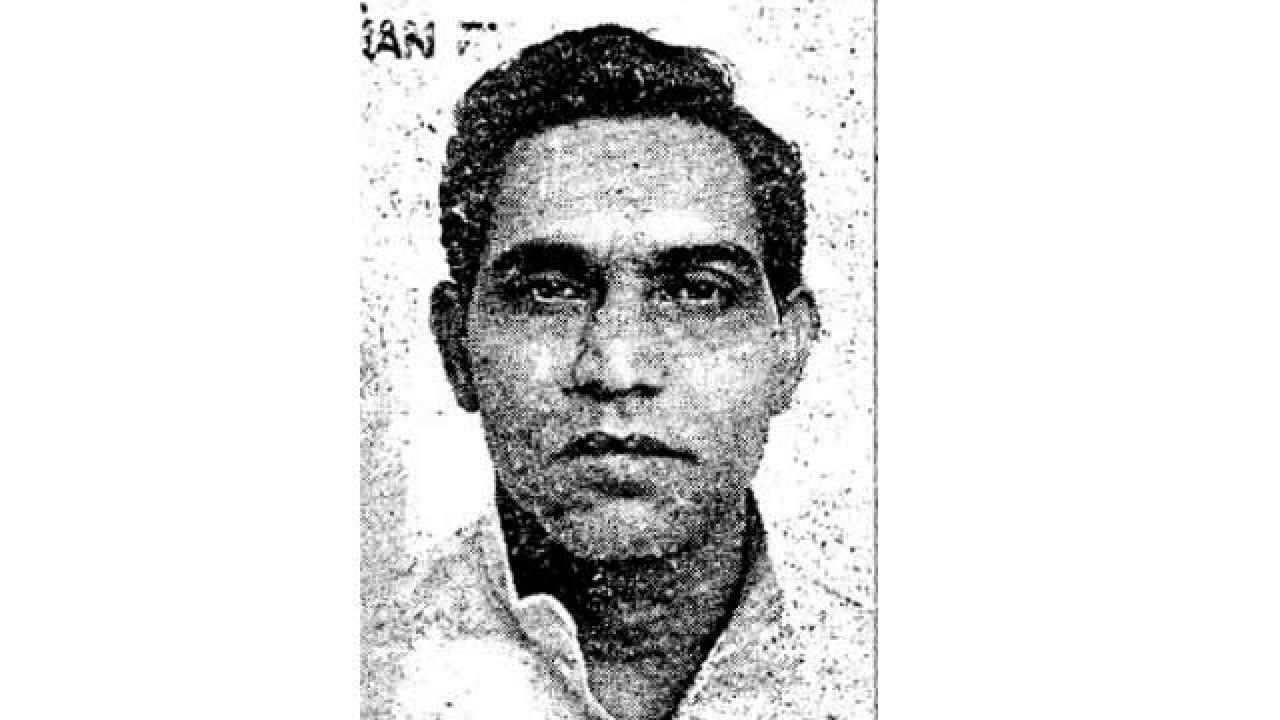
If you care to look a little beyond the famous mangroves that decorate Ratnagiri district in Maharashtra, there lies a story of a man who must be celebrated. Sitting on the banks of Vashishthi River, a village named Mirjoli witnessed the birth of Hamid Dalwai on September 29th, 1932. Little did the village know that this boy, born in to a low-income Marathi-speaking Muslim family, would use the might of his writing to pen some of the most forward thinking views on Muslim politics, in India. Hamid's childhood experiences had deeply influenced his writings in the years that followed. Lack of finances, poor health conditions – losing family members to tuberculosis, an instance when he was beaten by his father for singing 'Vande mataram', his father's multiple marriages, all shaped his young mind. He grew up firmly believing that these pitiable conditions in the Muslim community could improve only when men and women were treated equal.After completing his studies from a college in Mumbai (then Bombay), he did a few odd jobs to support his poor financial condition. It was during 1954 and 1963 that he joined the political and culture wing of the Samajwadi Party, and parallel began writing short stories in publications such as Mauj, Vasudha and Satyakatha. His articles underlined the need for a secular and democratic system in India, rather than having religion specific laws. These stories were put together in a book titled Laat (Wave) by publishing house Sadhana Prakashan. At the same time, he began working on social reforms himself. One of his most pivotal campaigns –a 'morcha'-in favour of Muslim women's rights, saw him marching alongside women towards the Council Hall in Mumbai in April 1966. The 'morcha' was the start of a Muslim movement he hoped to flag off with his protests.
His ideology led him to travel across the length and breadth of India, to study and understand the socio-religious and political nuances that needed reforms.
Despite facing opposition, he continued propagating for a uniform council. This revolution thinker's only novel Indhan (Fuel) was published in 1966, and won the Maharashtra State Award. The novel was a narrative of a Konkan village, how the dynamics of the village and its people had changed after Independence. Indhan highlighted the growing divide between Muslims and Hindus in this village. Hamid faced a lot of heat from the people of his hometown. Hamid, was so dedicated to the cause of social reform of the Muslim community that he established the Muslim Satyashodhak Mandal (Muslim Truth Seeking Society) in Pune, in March 1970. Through this society, he worked against the injustice done to women, making adoption an acceptable practice in the Indian Muslim community. He also pushed for Muslim children to be educated in the State language.
"We have to insist on a common personal law for all citizens of India. All marriages in India must be registered under a common civil code. Children born of inter-religious marriages should be free to practise any religion but only after they reach legal age of adulthood," Hamid wrote in 'Muslim Politics in India', a translated book of his short stories/ essays by writer and his friend Dilip Chitre.
It was Hamid Dalwai's progressive thinking, that even came on to the words he penned, for a unified nation that renowned Indian historian Ramchandra Guha include Hamid among 21 others as 'Architects of modern India' in his book 'Makers of Modern India'. The list includes great revolutionary personalities such as Bal Gangadhar Tilak, Dr. Babasaheb Ambedhar, Jyotirao Phule, Gopal Krishna Gokhale and Tarabai Shinde.
He devoted over a decade of his life, working to bring about a new wave of secularism in the India. But his ill health due to a kidney problem failed him. At the age of 45, Hamid Dalwai died on May 3, 1977.
With the hope of keeping the light of democracy burning, on his death bed he expressed his desire to be cremated instead of being buried after his death. Perhaps it was his way of demonstrating free expression.